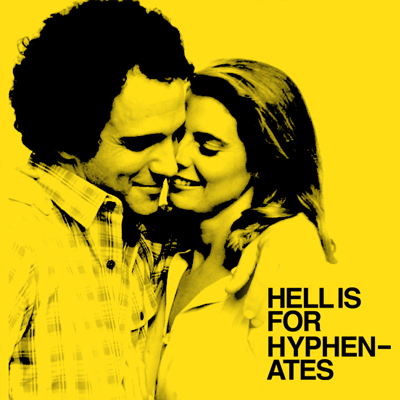
Want to become an instant expert in our filmmaker of the month without committing yourself to an entire filmography? Then you need the Hell Is For Hyphenates Cheat Sheet: we program you a double feature that will not only make for a great evening's viewing, but will bring you suitably up-to-speed before our next episode lands…

TAXI DRIVER (1976) and THE DEPARTED (2006)
There are so many different variations of Scorsese that could be paired to adequately summarise his career. You could compare his early work to his newer work, or his grittier output to his glossy homages, his hard-boiled violence to his gentle all-ages fare. But let's throw all those high-minded classifications out the window and go with the path of least resistance: his De Niro films and his DiCaprio films. De vs Di, if you will. And doing it that way pretty much covers most of the above categories, anyway. That's why we're kicking your evening off with Taxi Driver, perhaps the most quintessentially classic Scorsese film in his canon. Scorsese is the poet laureate of lonely disaffected men, extreme violence, and New York streets, and this film represents the zenith of each; the poetic, post-Vietnam fable somehow no less relevant and no less shocking than it was 43 years ago. Follow that up with The Departed. This latter-day Marty film proves that even when he fills his cast with pretty movie stars, and substitutes his usual New York Italian mafia for Boston Irish mob, his fundamental storytelling tools remain unchanged. Yes, Scorsese has clearly evolved as a filmmaker, but he's managed to do so without losing the energy and drive that made him who he is. This is a rare quality, and why his 21st century works will be remembered on equal footing with the early classics that cemented him as one of cinema's all-time greats.
Substitutions: If you can't get or have already seen Taxi Driver, seek out Mean Streets (1973). This is the film that really put Scorsese on the map, kicking off his collaboration with De Niro and establishing the motif of pop music combined with violent, compromised men that would serve as the backbone to much of his career. If you can't get or have already seen The Departed, get your hands on The Wolf of Wall Street (2013). It's glossier, and the crimes are of a more white collar variety, but this is still classic Scorsese, applying all the tropes of gangster stories to the tale of high finance and corrosive greed.
The Hidden Gem: Want to see something off the beaten path, a title rarely mentioned when people talk about the films of Martin Scorsese? What's a little surprising about Scorsese is that despite nearly all of his films being venerated - or, at least, frequently cited - there are still many that could still conceivably be considered hidden gems. Among them, the all-night fever dream that is After Hours (1985). It has the veneer of a character study, but there is something vaguely nightmarish in this often funny, but incredibly dark, tale of a frustrated man who seems to have drawn the ire of the entire universe.
The next episode of Hell Is For Hyphenates, featuring us talking the films of Martin Scorsese, will be released on 30 April 2019.





